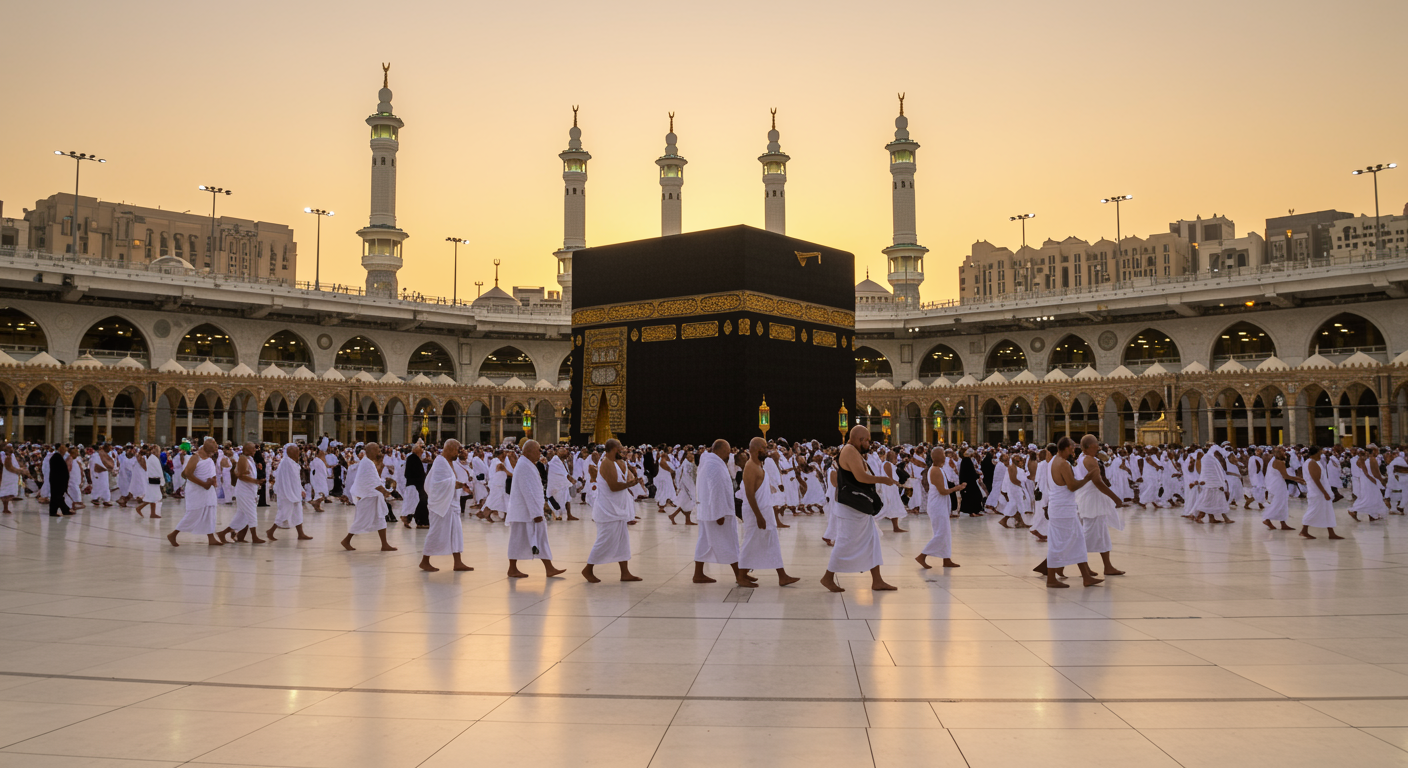Every year, millions of Muslims from across the globe journey to Makkah to perform Umrah, a sacred pilgrimage that carries deep spiritual meaning. While it is often called the lesser pilgrimage, Umrah holds immense value in the hearts of believers who seek closeness to Allah and inner peace. It is not just a series of rituals but a heartfelt experience that reshapes one’s connection with faith, humility, and devotion.
Umrah is more than a physical act of traveling; it is a journey of the soul. The silence of prayer, the simplicity of Ihram, and the calm atmosphere of the holy Kaaba remind pilgrims of life’s deeper purpose. Through Umrah Packages August, many believers find the perfect opportunity to experience this sacred journey, where every step taken in Makkah becomes a form of worship and every whispered dua becomes a bridge between the heart and the Creator.
What is Umrah
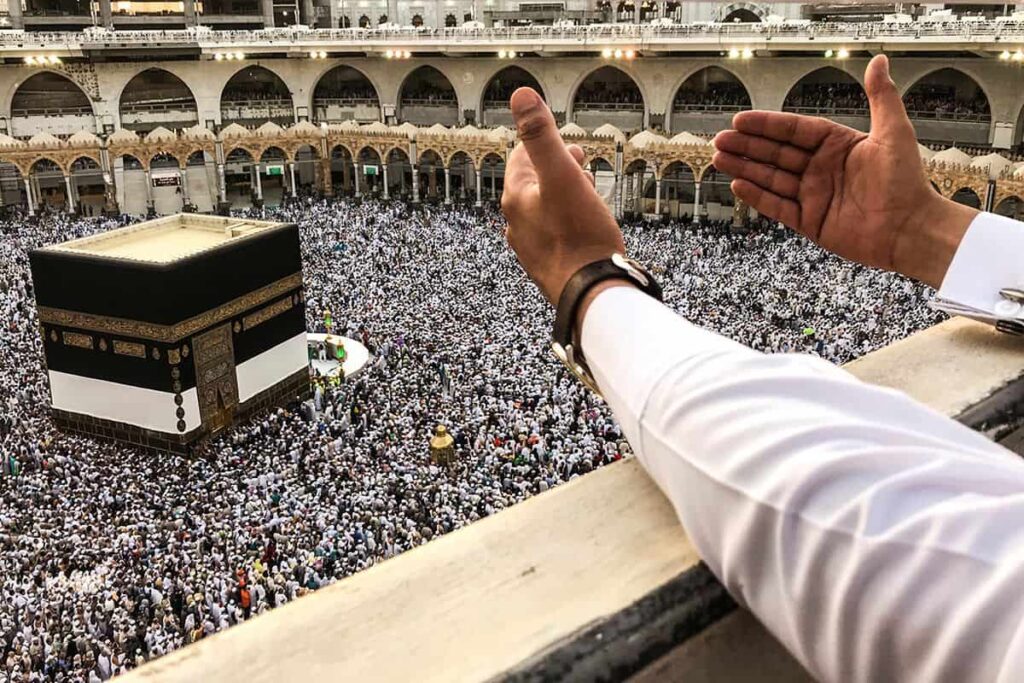
Understanding the Meaning of Umrah
The word Umrah means “to visit” or “to perform a pilgrimage,” and in Islamic tradition, it refers to visiting the holy city of Makkah and performing specific acts of worship. These include entering the state of Ihram, performing Tawaf around the Kaaba, walking between the hills of Safa and Marwah, and finally, shaving or trimming the hair as a symbol of renewal.
Umrah is not obligatory like Hajj, but it is a highly recommended act of worship that can be performed at any time of the year. It serves as an opportunity for Muslims to strengthen their faith, seek forgiveness, and renew their commitment to living a righteous life. Through Umrah, a believer purifies both body and soul, connecting with Allah in a deeply personal way.
The Historical Background of Umrah
A Legacy Rooted in Prophetic History
The story of Umrah goes back to the time of Prophet Ibrahim (Abraham) and his family. When Allah commanded Prophet Ibrahim to leave his wife Hajar and son Ismail in the barren valley of Makkah, Hajar’s faith and perseverance became an everlasting symbol of trust in Allah. Her search for water between the hills of Safa and Marwah led to the miraculous appearance of the Zamzam well.
Centuries later, Prophet Muhammad (peace be upon him) reestablished the rituals of Umrah and purified them from pagan practices. He performed Umrah several times during his life, emphasizing its spiritual value and encouraging his followers to undertake it as a means of seeking Allah’s pleasure. Thus, the pilgrimage connects every believer to the footsteps of these Prophets and their timeless faith.
The Spiritual Preparation for Umrah
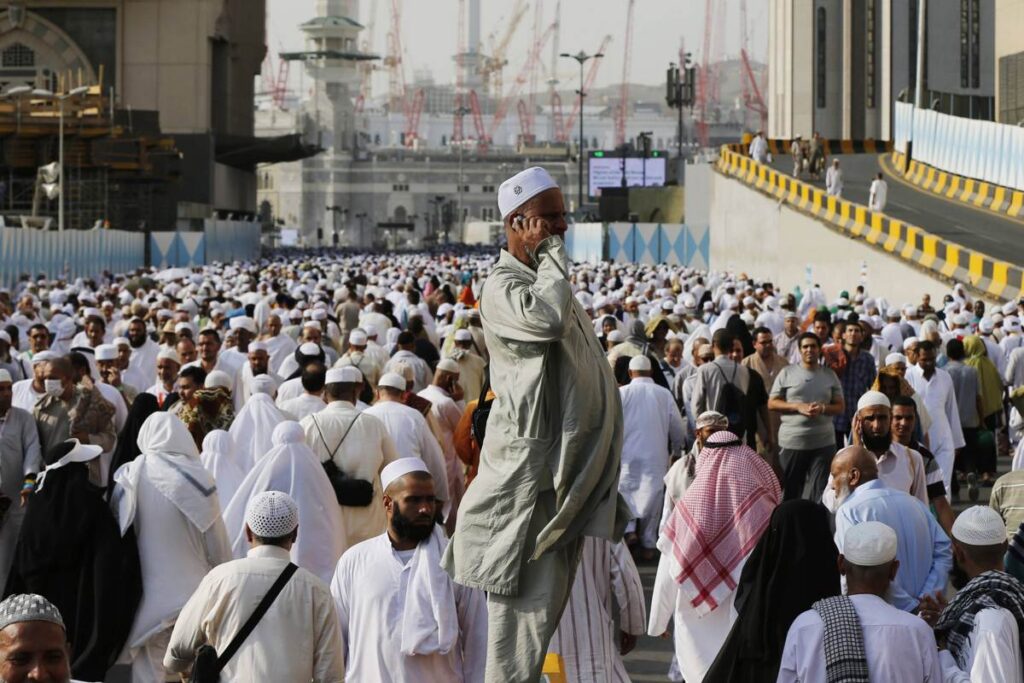
Purifying the Heart Before the Journey
Before setting out for Umrah, pilgrims prepare not only their belongings but also their hearts. This spiritual preparation involves repentance, forgiveness, and purification of intention. The believer leaves behind worldly distractions, focusing solely on pleasing Allah. It is a moment of self-reflection, reminding one that the journey ahead is not about luxury or status but about humility and submission.
As the pilgrim begins the journey, the heart fills with anticipation and awe. Each mile traveled toward Makkah becomes an act of devotion. The thought of standing before the Kaaba fills the soul with peace and reverence, preparing it for a profound transformation.
Entering the State of Ihram
The Symbolism of Purity and Equality
The first physical step of Umrah begins with entering the state of Ihram. Pilgrims wear simple white garments—two unstitched pieces of cloth for men, and modest clothing for women. These garments erase all signs of social, economic, and cultural differences, making everyone equal before Allah.
In Ihram, the pilgrim must avoid arguing, harming others, or engaging in sinful acts. It is a state of peace that reflects purity in both body and soul. Wearing Ihram teaches humility, reminding believers that in front of Allah, no one is superior to another except by righteousness.
The Intention and the Talbiyah
Surrendering to the Divine Will
After wearing Ihram, the pilgrim makes a sincere intention (niyyah) to perform Umrah solely for Allah. This intention marks the beginning of the sacred journey, where every step becomes a form of worship. The pilgrim then recites the Talbiyah, a beautiful declaration that expresses complete submission to Allah’s will: “Labbayka Allahumma Labbayk,” meaning, “Here I am, O Allah, here I am.”
The Talbiyah fills the air with devotion. It symbolizes a believer’s readiness to obey the call of the Creator. In that moment, the pilgrim detaches from the material world and embraces the serenity that comes from full surrender to Allah.
Tawaf: Circling the Kaaba
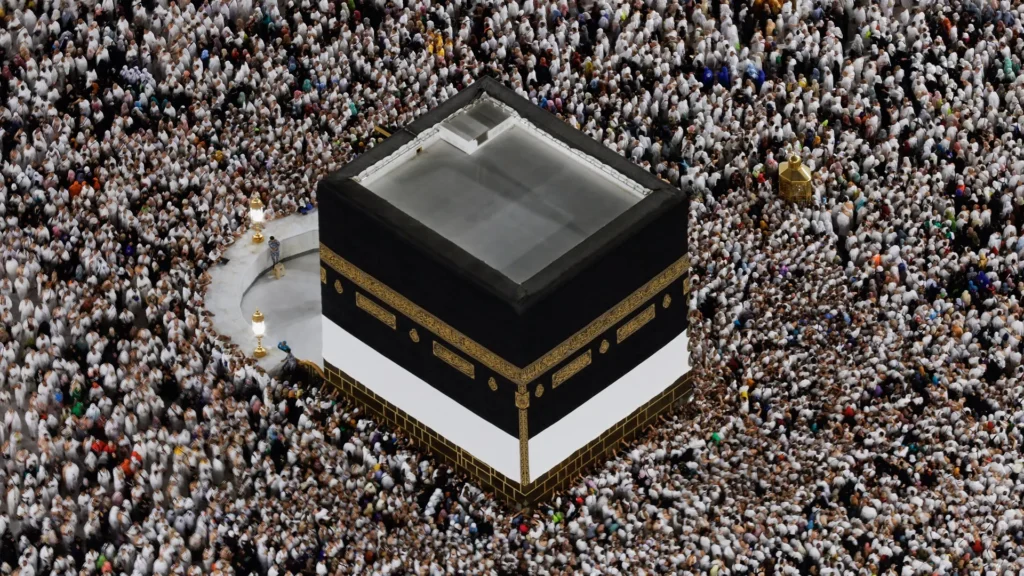
The Heart’s Journey Around the House of Allah
One of the most awe-inspiring moments of Umrah is performing Tawaf, the act of circling the Kaaba seven times. Pilgrims move in harmony, walking around the sacred House of Allah in a counterclockwise direction. With the guidance of a trusted Umrah Travel Company, this experience becomes even more meaningful, as pilgrims gain a deeper understanding of how this movement represents the unity of believers and the rhythm of the universe, where everything revolves around the divine will.
Each step in Tawaf is filled with silent prayers and tears of humility. Standing before the Kaaba, a believer feels both small and significant at once—small before the majesty of Allah, yet significant enough to be invited to His house. It is a reminder that the heart should always revolve around the love of Allah, just as the body revolves around His house.
The Symbolism of Tawaf
A Dance of Devotion and Unity
Tawaf is more than a physical act; it is a symbol of devotion and spiritual rhythm. The endless circles around the Kaaba reflect life’s continuous movement and the believer’s constant effort to remain close to Allah. Each round purifies the soul, drawing the pilgrim deeper into a state of remembrance and gratitude.
This sacred act also unites the entire Ummah. Regardless of nationality, language, or background, every pilgrim walks in the same direction, showing that all hearts beat with one purpose—to worship Allah. In that unity, the believer witnesses the beauty of Islam as a religion of equality and peace.
Sa’i Between Safa and Marwah
Honoring the Faith of Hajar
After completing Tawaf, the pilgrim performs Sa’i, walking seven times between the hills of Safa and Marwah. This ritual commemorates the story of Hajar, who ran back and forth in search of water for her infant son Ismail. Her faith, patience, and perseverance became a timeless lesson in trust and reliance on Allah.
Sa’i is a physical expression of spiritual struggle. It teaches that effort and faith must go hand in hand. Just as Allah rewarded Hajar with the spring of Zamzam, He also rewards every believer who strives with sincerity. Sa’i reminds pilgrims that Allah always hears the cries of His servants, even in their moments of despair.
The Spiritual Lessons of Sa’i
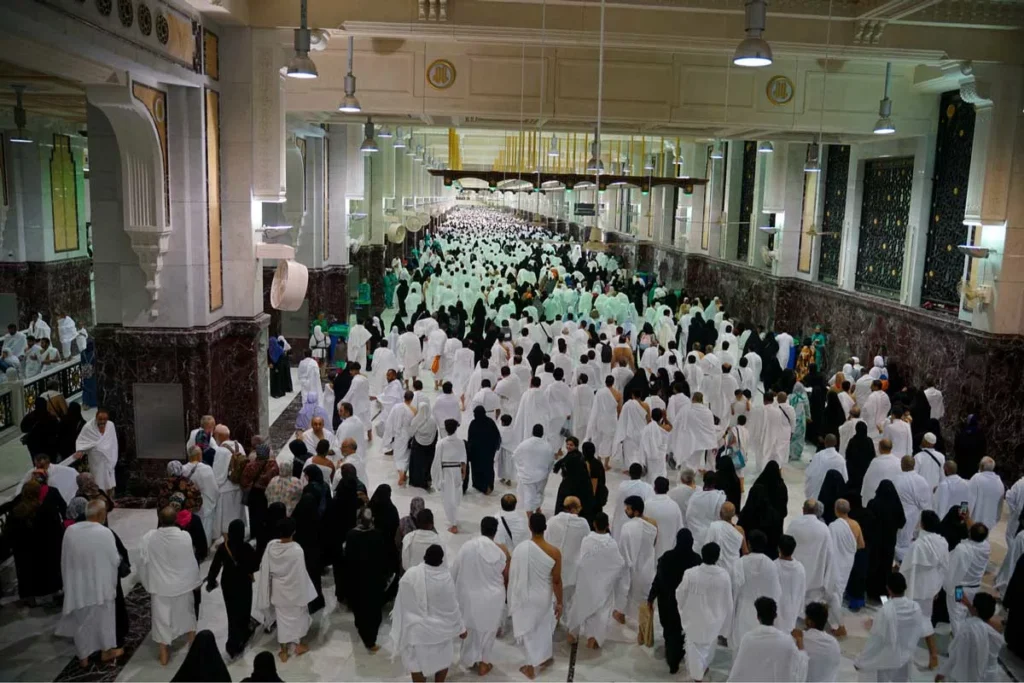
Faith, Struggle, and Divine Mercy
As pilgrims move between Safa and Marwah, they relive Hajar’s journey of hope and faith. Each step taken in Sa’i symbolizes endurance through life’s trials. It teaches that success is not in reaching quickly but in continuing with faith, no matter how difficult the path becomes.
The story of Hajar also reflects Allah’s mercy. Her perseverance was not in vain; her trust was answered with a miracle. Sa’i thus becomes a moving reminder that Allah’s help always arrives, even when all seems lost. For the believer, it is an affirmation that no effort in the path of Allah ever goes unrewarded.
The Act of Shaving or Trimming Hair
A Symbol of Renewal and Purification
The final ritual of Umrah is shaving or trimming the hair, known as Halq or Taqsir. Men usually shave their heads completely, while women cut a small portion of their hair. Many pilgrims who book Umrah Packages UK find this moment deeply symbolic, as it represents humility, purification, and a new beginning after completing their sacred journey.
By cutting the hair, the pilgrim symbolically sheds past sins and mistakes. It marks the completion of the sacred journey, leaving the believer renewed in both spirit and purpose. This simple yet profound act reminds every pilgrim that true beauty lies in obedience and surrender to Allah.
The Spiritual Transformation
Awakening the Soul
Completing Umrah is not just about fulfilling rituals; it is about awakening the soul. The experience changes how a believer sees life, deepening the connection between faith and action. Standing in Makkah, surrounded by the echoes of prayer, one realizes that peace does not come from possessions but from the remembrance of Allah.
This transformation continues even after returning home. The pilgrim carries with them a heart that is softer, more patient, and more grateful. The lessons learned during Umrah become part of daily life—serving as reminders to live with kindness, humility, and devotion.
The Importance of Umrah in Islam
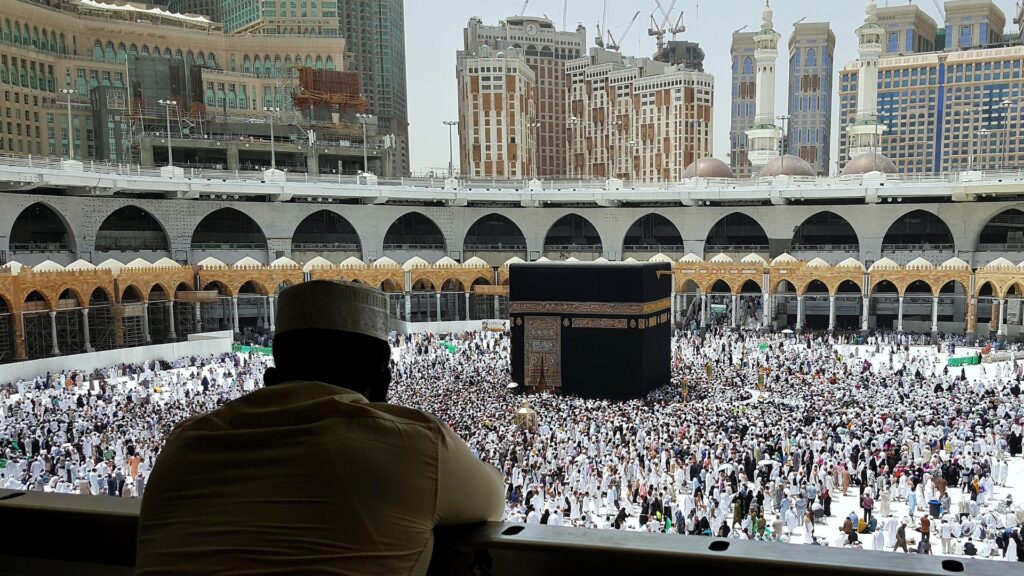
A Journey Toward Forgiveness
Umrah holds immense importance in Islam as a means of seeking Allah’s forgiveness and mercy. The Prophet Muhammad (peace be upon him) said that performing Umrah erases sins committed between two Umrahs, highlighting its spiritual cleansing power. It offers believers a chance to begin anew, free from the burdens of the past.
The importance of Umrah also lies in its accessibility. Unlike Hajj, it can be performed at any time, allowing Muslims to renew their faith whenever they feel spiritually called. It is an invitation to connect with Allah through simplicity, sincerity, and reflection.
The Emotional Healing of Umrah
Peace for the Heart and Mind
Many pilgrims describe Umrah as an emotionally healing experience. The sacred surroundings of Makkah, the rhythmic prayers, and the unity among Muslims create an atmosphere of serenity that calms the heart. In those moments of silence before the Kaaba, believers find answers to worries they have long carried.
This peace is unlike any other. It is a reminder that Allah is always near, listening to every silent prayer. For many, Umrah becomes a turning point—a spiritual recharge that fills life with new hope and purpose.
The Benefits of Performing Umrah
Spiritual and Emotional Purification
One of the greatest benefits of Umrah is purification. The journey cleanses the heart from arrogance, envy, and worldly attachment. By engaging in the sacred rituals, the pilgrim learns humility, gratitude, and patience. Each act strengthens the bond between the believer and Allah.
Emotionally, Umrah brings comfort and relief. It allows one to let go of pain, regrets, and anxieties. The closeness to Allah felt during the pilgrimage replaces sadness with peace and fear with trust. Pilgrims return with renewed faith, ready to face life’s challenges with calm and clarity.
The Sense of Unity
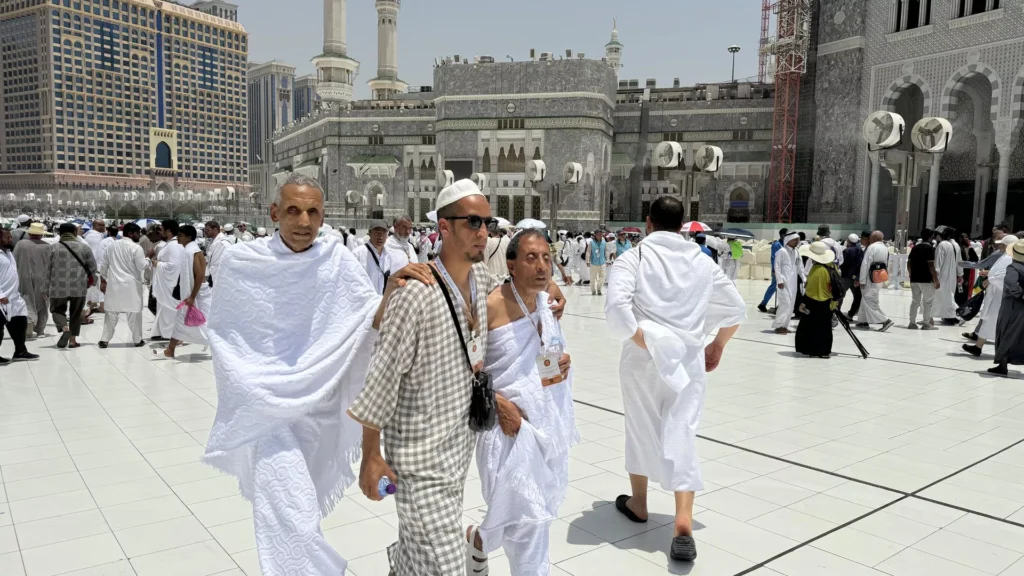
Building Bonds of Brotherhood
Umrah unites Muslims from every corner of the world. In Makkah, all differences vanish—everyone stands shoulder to shoulder, dressed in similar garments, performing the same acts of worship. This unity reflects the essence of Islam: equality, compassion, and brotherhood.
The shared experience builds lasting connections. Pilgrims often form friendships that transcend borders and languages. They learn to appreciate the diversity of the Ummah and the power of collective worship. This sense of unity strengthens faith and reminds believers of their role in promoting peace and kindness.
The Lifelong Impact of Umrah
A Journey That Changes Perspectives
After returning home, many pilgrims find that their outlook on life has changed. The journey teaches detachment from material things and attachment to spiritual goals. It nurtures qualities like patience, forgiveness, and gratitude.
Every time a pilgrim recalls standing before the Kaaba, it rekindles their faith. The lessons learned during Umrah continue to guide decisions, relationships, and priorities. It becomes not just a memory but a source of lifelong inspiration.
The Connection Between Umrah and Daily Life
Bringing Makkah’s Peace Home
The true success of Umrah lies in applying its lessons after returning. A pilgrim who has experienced humility and serenity in Makkah strives to maintain those qualities in everyday life. Acts of kindness, prayer, and patience become part of daily routine.
Living with this renewed faith brings lasting satisfaction. The believer no longer seeks happiness in temporary things but in constant remembrance of Allah. The peace of Umrah continues to shape their heart long after the journey ends.
The Timeless Appeal of Umrah
A Call That Echoes Through Generations
Umrah’s appeal never fades because its essence is timeless. From the early Muslims to believers today, every generation has felt the same pull toward the sacred city of Makkah. It is a call that transcends time and language, inviting the soul to return to its Creator.
For those who perform Umrah, the memories remain etched forever. The sight of the Kaaba, the sound of prayers, and the tears shed in devotion become treasured moments that define their faith journey.
The Role of Modern Accessibility
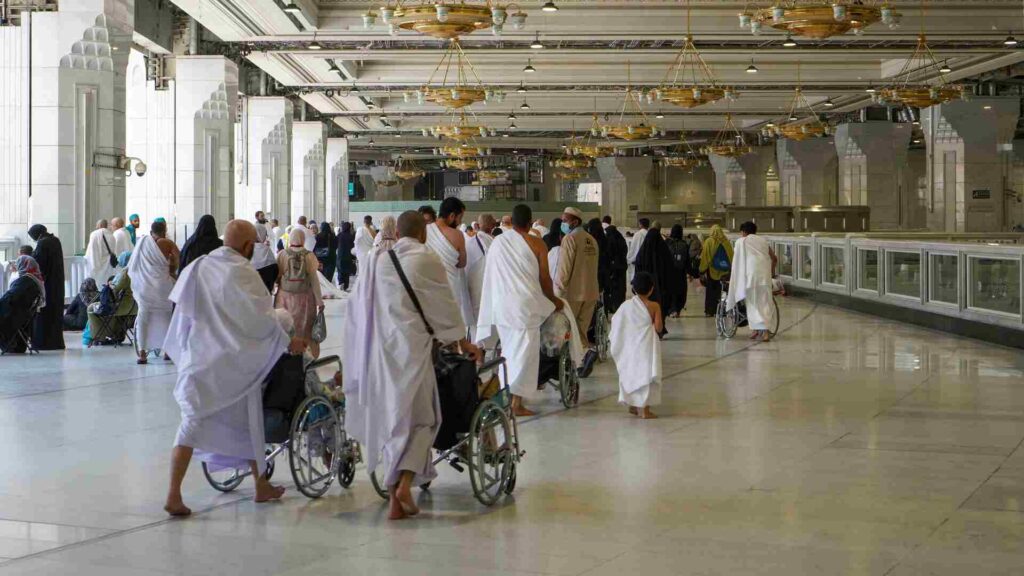
Making the Spiritual Journey Easier
In the modern age, Umrah has become more accessible thanks to improved travel facilities and organized packages. Pilgrims can now focus more on their spiritual experience rather than logistical challenges. This ease of access has encouraged millions more to answer the sacred call.
However, the core of Umrah remains unchanged. Despite the comfort of modern travel, the essence of humility, devotion, and faith continues to guide every pilgrim. It remains a journey of the heart, untouched by time or technology.
Reflection and Gratitude
The Inner Peace That Follows
Once Umrah is complete, reflection becomes essential. Pilgrims think about what they have learned, what they have left behind, and how they can live better lives. Gratitude fills the heart for having been chosen by Allah for such an honorable experience.
This gratitude manifests in actions—helping others, praying sincerely, and spreading kindness. The peace achieved in Makkah inspires the believer to live a life of purpose and compassion.
Conclusion
The Journey of the Soul
Umrah is more than a pilgrimage; it is a soulful dialogue between the servant and the Creator. Each step, each prayer, and each tear carries meaning that transforms the heart. Through silent prayers and sacred paths, the believer rediscovers faith and finds serenity that the world cannot offer.
The journey may end in Makkah, but its essence lives on within. The pilgrim returns home spiritually renewed, carrying the light of devotion that guides every action thereafter. In the end, Umrah is not just a visit—it is a homecoming of the soul.





